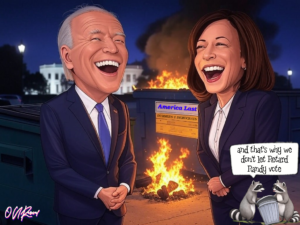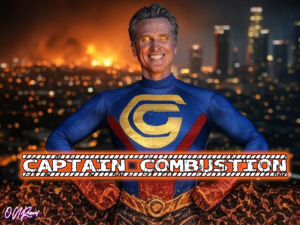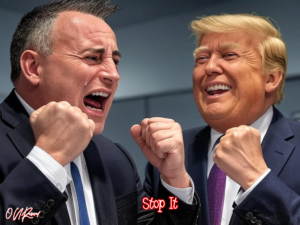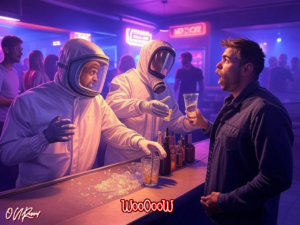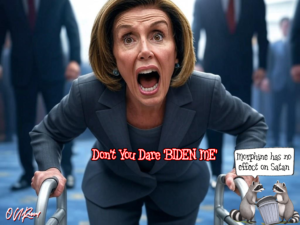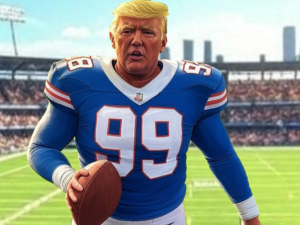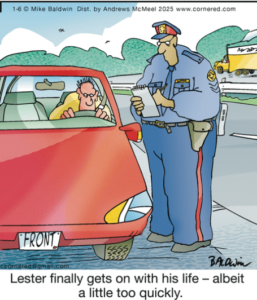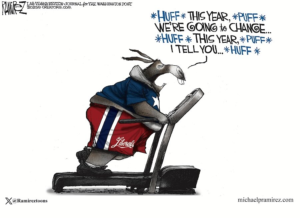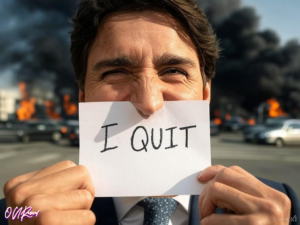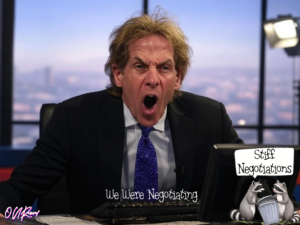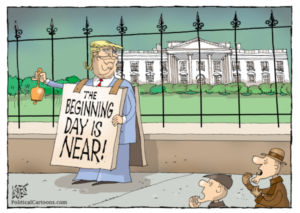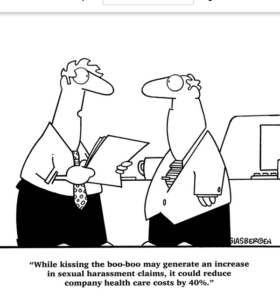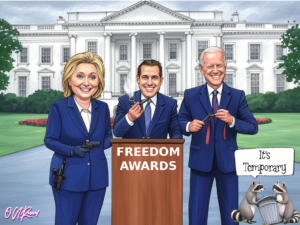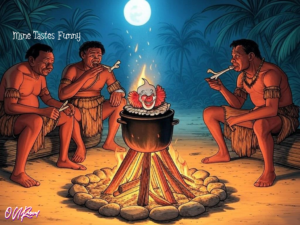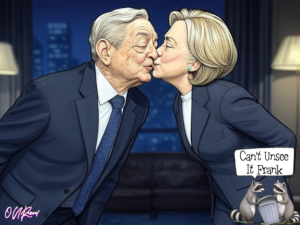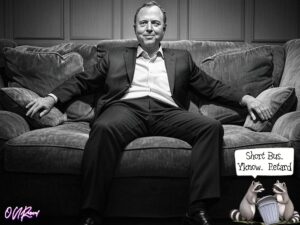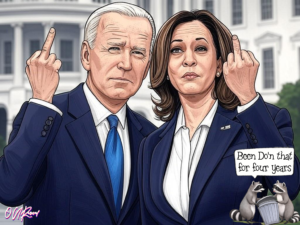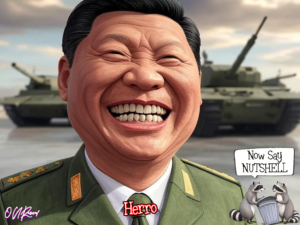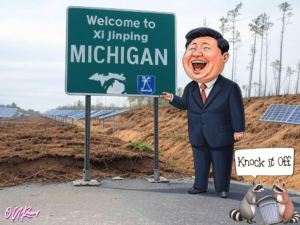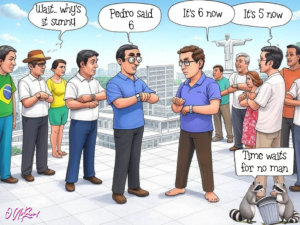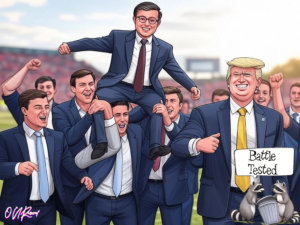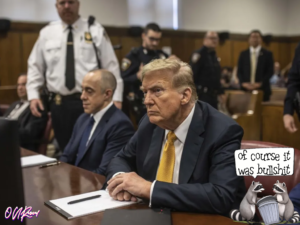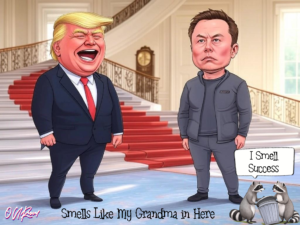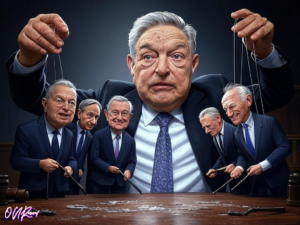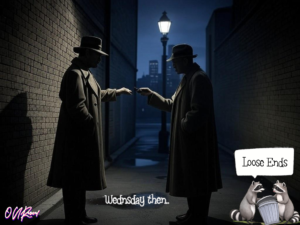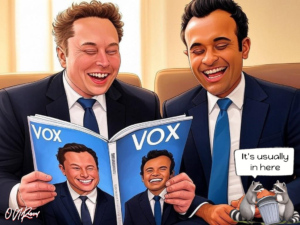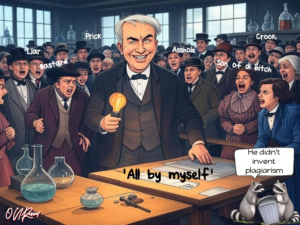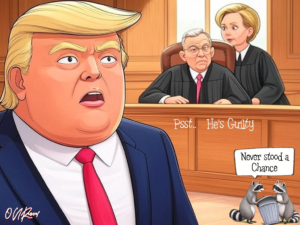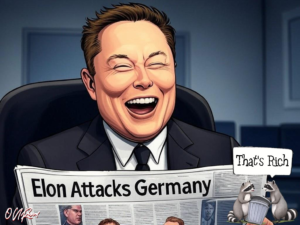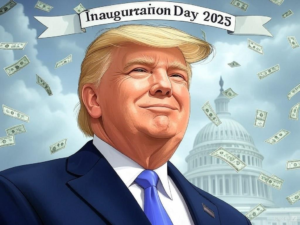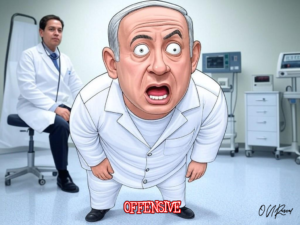Terror in America: The Shadow of Manchurian Candidates
In a chilling turn of events that have left the nation reeling, two devastating incidents — a terror attack in New Orleans and a dramatic explosion involving a Tesla Cybertruck outside the Trump International Hotel in Las Vegas — have sparked an array of theories, including the involvement of “Manchurian Candidates” in an attempt to manipulate the incoming administration of President-elect Donald Trump.
On New Year’s Eve, New Orleans was thrust into chaos when Shamsud-Din Jabbar, a 42-year-old U.S. Army veteran, drove a pickup truck into a crowd on Bourbon Street, killing 15 and injuring dozens. The truck bore an ISIS flag, and subsequent investigations revealed that Jabbar had used the car-sharing app Turo to rent the vehicle. This attack, confirmed by the FBI as an act of terrorism, has raised eyebrows not only for its brutal execution but for its possible deeper implications.
Barely hours later, a Tesla Cybertruck, also rented via Turo, exploded in front of the Trump International Hotel in Las Vegas. The driver, identified as Matthew Livelsberger, a former Green Beret from Colorado Springs, was killed in the blast. Interestingly, both Livelsberger and Jabbar served at Fort Carson, Colorado, at different times, fueling speculation about a possible connection. The truck was laden with explosives, fireworks, and camping fuel, an act described by Elon Musk as “likely an act of terrorism”.
The term “Manchurian Candidate,” originating from Richard Condon’s novel and later a film, describes an individual brainwashed to act as an assassin or a political pawn. In the context of these attacks, conspiracy theorists and political analysts alike are questioning whether these individuals could have been manipulated by a shadowy “Deep State” to destabilize or influence the Trump administration.
Military Connection: Both individuals had military backgrounds, which could imply access to psychological or operational manipulation techniques. This connection has led to speculation that they were primed or even programmed to execute these attacks at a critical political juncture.
Timing and Symbolism: The attacks’ timing, just weeks before Trump’s inauguration, and the choice of targets — one directly linked to Trump and another on a high-profile celebration night in New Orleans — suggest an intent to send a message or sow discord.
Elon Musk’s Role: The involvement of a Cybertruck, a vehicle emblematic of Musk’s Tesla, adds another layer to this narrative. Musk, who has been vocal about his support for Trump, could be seen as a target or, in a more sinister interpretation, part of a broader strategy to discredit or control the administration through chaos and fear.
The concept of the “Deep State” — a network of government officials and operatives allegedly working behind the scenes — has been revived in discussions. Critics of this theory argue it’s the stuff of fiction, yet proponents point to the strategic nature of these attacks, suggesting they might be part of a larger, orchestrated effort to manipulate political outcomes or public perception:
Distraction or Diversion: Such acts could serve to distract from other political maneuvers or to shift public focus away from policy debates to security concerns.
Influence and Control: By creating fear or chaos, a hidden network could aim to influence policy decisions or even control key figures within the administration through blackmail or coercion.
Lack of Concrete Evidence: Despite the compelling narrative, no direct evidence has emerged linking these attacks to a coordinated effort by a “Deep State” or confirming the Manchurian Candidate angle. Official investigations continue, with emphasis on the individual motives of the attackers.
Oversimplification of Complex Issues: Critics argue that attributing these acts to a vast conspiracy oversimplifies what might be driven by individual radicalization, mental health issues, or genuine terrorist affiliations without a need for a broader, shadowy plot.
As investigations unfold, the nation watches closely, with many hoping for clarity but bracing for more questions. The speculation around Manchurian Candidates and a Deep State influence adds a layer of intrigue and concern to Donald Trump’s incoming administration, highlighting the complex interplay of security, politics, and the power of narrative in shaping public perception. Whether these theories hold water or are dismissed as modern myth-making, they underscore a national dialogue fraught with mistrust, conspiracy, and a search for truth in a time of transition.


